Love Control: The Hidden History of Wonder Woman
New Politics
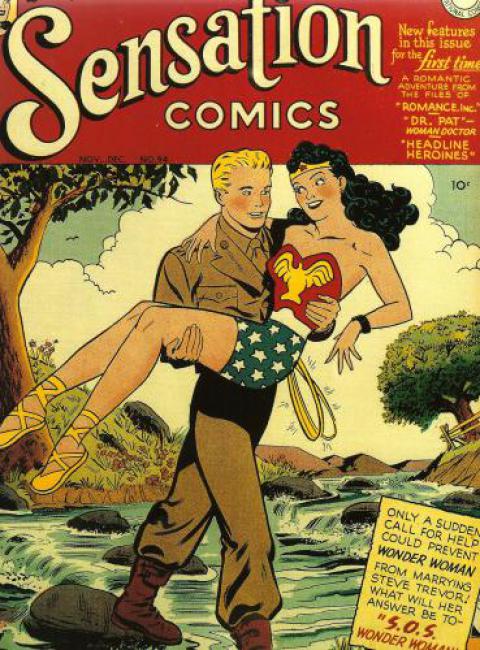
The study of comic books has emerged in the last decade or so as a serious academic discipline. And it's about time. It's not news to many people that the stories and art found in these little magazines are not only entertaining; they also contain interesting, and sometimes profound, social content. Kent Worcester looks at three new books on Wonder Woman, the comic that emerged during World War II and was an early harbinger of feminist ideas.


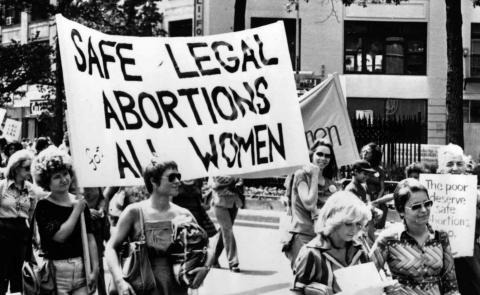

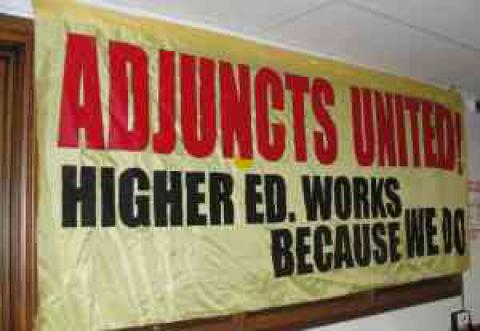
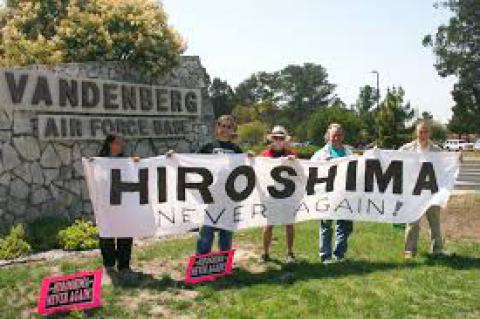
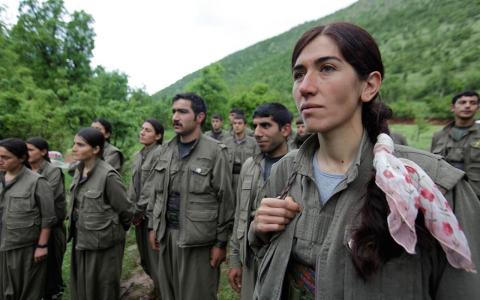
Spread the word